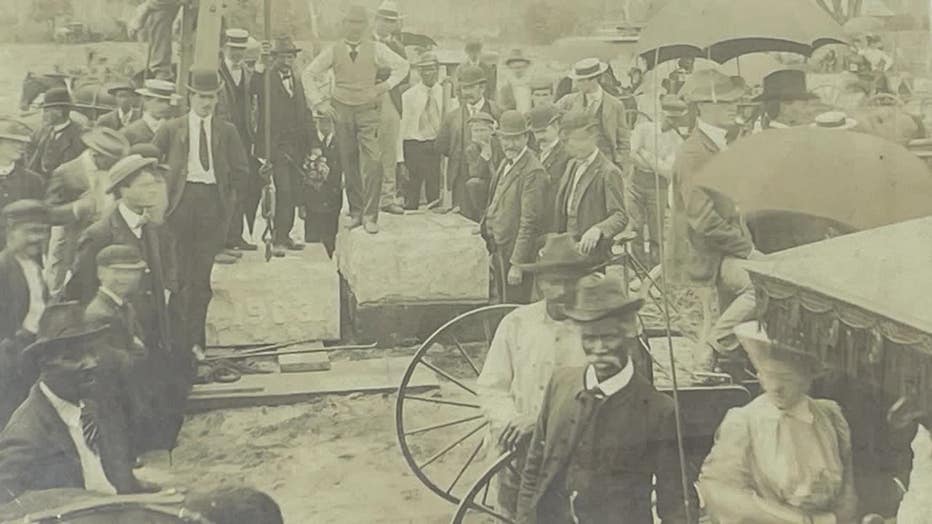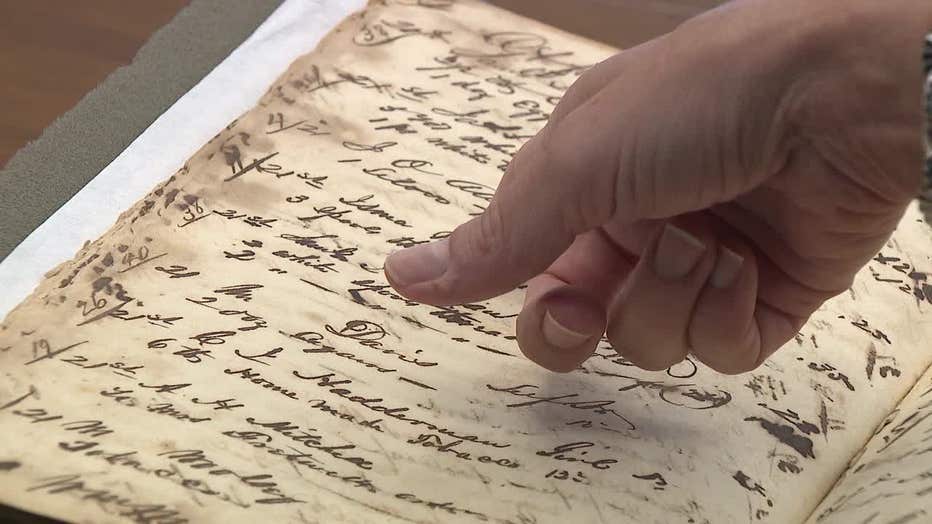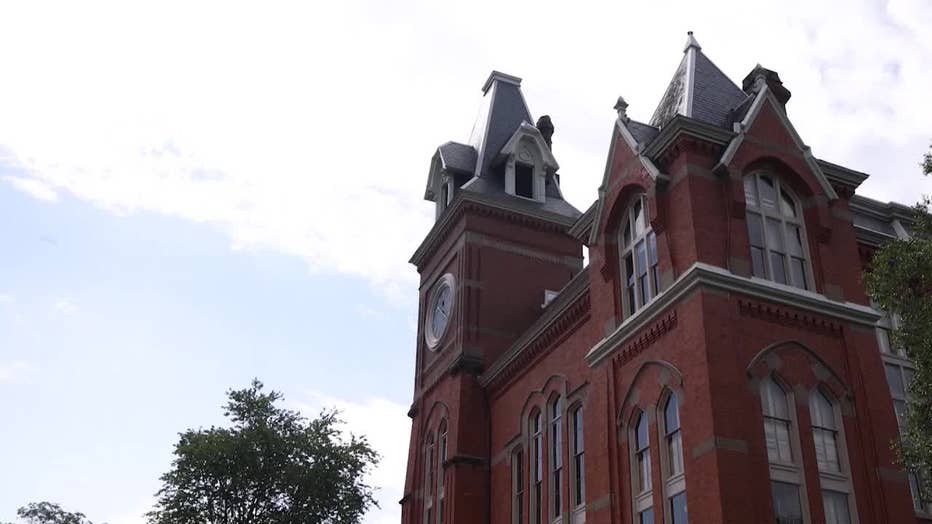Emory plans twin monuments to honor slaves who helped build campuses
Emory's moments to memorialize slaves
A project at Emory University is recognizing the university's painful past with twin tributes that honor the slaves who helped build its campuses.
ATLANTA - Emory University is connected by two sprawling and picturesque campuses in Atlanta and Oxford, where students from all walks of life represent a bright future.
A memorial project is underway to embrace how the university began and reckon with its historical connection to a painful part of America's past - slavery.
Dr. Avis Williams has a connection to the Oxford community that runs deep. It's where her ancestors planted their roots centuries ago. Many of them were slaves in the 1880s who helped build the Covington and Oxford communities, including what's known today as Oxford College, before it moved to Atlanta in the early 1900s.
Even though there are no records that the school owned slaves, some of its professors and at least one president did, and a lot of the labor to build the school was done by rented slaves.
Williams now works with other descendants to help establish twin memorials at both campuses to tell the under-told story of those enslaved people.
"Emotionally, I'm overjoyed, and my heart is full. People died believing Emory would do something, and now that something is happening," she said. "So I'm just grateful."

The seeds for the project were planted long ago, but none fully took root until now. Dr. Anjulet Tucker says it's time to harvest the fruits of that labor.
"It will transform the physicality of both our campuses for generations to come," Tucker said.
Not only is Tucker an Emory graduate, but she now works with Emory President Gregory Fenves, who she says has been a catalyst for propelling the project forward. It's a project she hopes will give a voice to the voiceless.
"The work and labor they put in every day, doing everyday tasks to sustain the university, helped Emory become what it is today," she said.

A team has spent months gathering ideas. The big task of funneling all of those possibilities now belongs to the Hood Design Studio, led by founder Walter Hood.
"This is the first project I've ever worked on where at the beginning of the project - me introducing myself to the players and the community - I was crying," Hood said. "That kind of hit me in a place I wasn't expecting."
Hood and his team are still a few phases away from constructing the memorials, but he says that listening has been the most important part so far.
"It's less about us asking ‘What do you want?’ versus listening to how people advocate for certain things, and it's up to us to figure out how to shape that into something powerful," he said.

The teams working on the project are still trying to bridge gaps that are missing in the school's history.
If you or someone you know has any artifacts or information that would help better understand who the enslaved people were, officials urge you to reach out to Emory. Just sent an email to twinmemorials@emory.edu.

